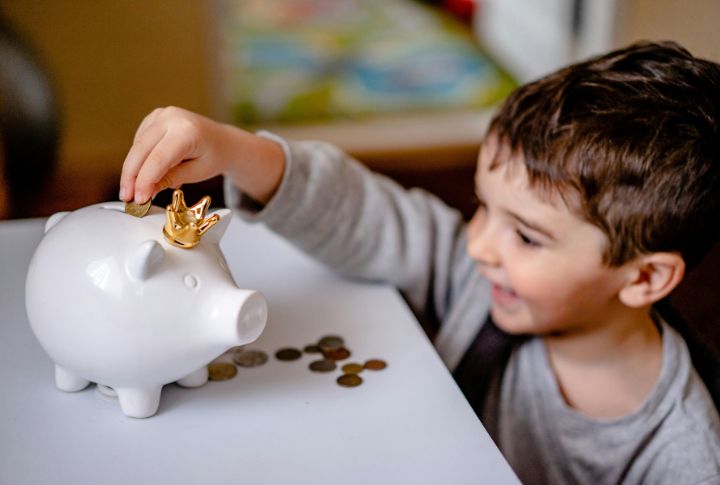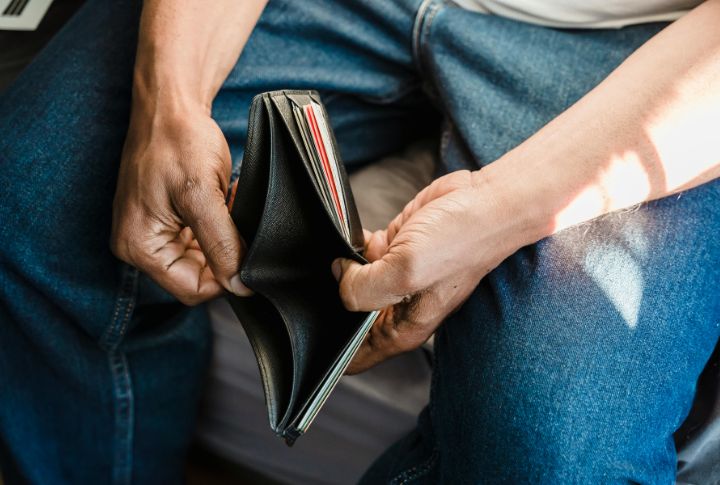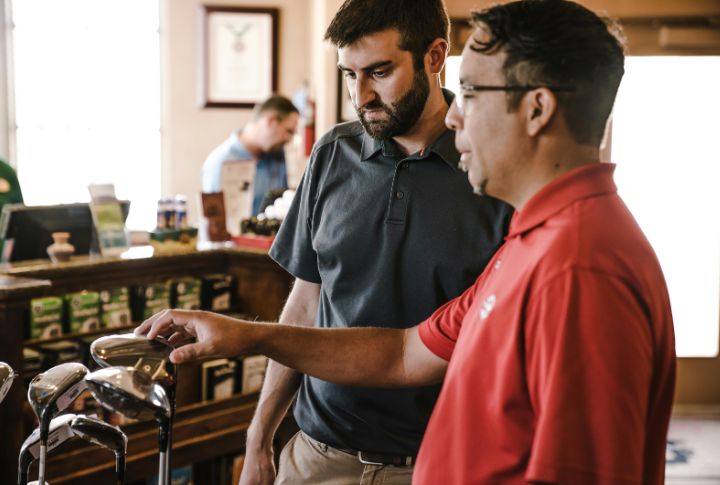
Why do some people feel joy in saying no to shopping bags? The saver’s brain works on its own fascinating logic, shaped by upbringing, psychology, and even biology. Digging into that mindset uncovers surprising reasons behind penny-pinching pride. Ready to peek inside the frugal brain? Let’s crack it open.
Frugality Can Be Wired In Early

Studies show our money habits often form by age seven. If someone grew up watching parents stretch every dollar or prioritize savings, those behaviors tend to stick. For lifelong savers, it’s not just a habit—it’s a script their brain learned early and never stopped following.
Dopamine Isn’t Just For Shoppers

Who says only shopaholics get the rush? Savers are out here grinning at spreadsheets, riding dopamine waves from watching numbers climb. A sale might thrill you, but hitting budget targets makes them giddy. Turns out, saving can feel just as indulgent as spending.
Saving Offers A Sense Of Control

Psychologists say that people who crave stability or have lived through financial uncertainty often turn to saving as a coping mechanism. For them, each saved dollar represents control in an unpredictable world—a buffer against the unknown that soothes more than any splurge could.
Frugal People Score High On “Future Orientation”

A study published in the Journal of Consumer Research found that frugal individuals tend to think more thoroughly ahead. They derive more satisfaction from planning long-term goals—such as buying a house or retiring early—than from instant gratification. In fact, they also see spending as future debt, not present joy.
Scarcity Mindset May Play A Role

People who’ve experienced scarcity, whether from childhood poverty or financial trauma, may be hardwired to avoid unnecessary spending. It’s not a matter of stinginess; it’s a matter of survival. Even when their finances improve, the urge to “save just in case” lingers as emotional insurance.
It’s Not About Being Cheap

Frugality differs from cheapness. While cheapness focuses only on minimizing costs, frugality emphasizes value. A frugal person may choose durable items, avoid unnecessary purchases, or spend strategically when it benefits them long-term. The core principle is intentional spending, not deprivation.
Minimalism Fuels The Frugal Mindset

Minimalism and frugality often overlap. People drawn to a simpler lifestyle tend to value experiences and time over material possessions. They also find joy in having less, spending less, and needing less. For them, a sparse home or slim budget isn’t a sacrifice—it’s freedom.
“Spaving” Is The Frugal Enemy

Ever bought three tubs of peanut butter just because they were “buy two, get one free”? That’s spaving—spending to save. Frugal folks sometimes fall for it, convincing themselves it’s a smart move. But stocking up on things you don’t really need drains more money than it protects.
Some Find Identity In Frugality

For certain people, being frugal isn’t just a habit—it’s who they are. It shapes how they see themselves: smart, disciplined, and self-sufficient. This identity even becomes self-reinforcing, making it harder to justify frivolous spending even when they can afford it.
Emotional Spending Doesn’t Appeal To Everyone

While some people shop to feel better, frugal folks often do the opposite. Spending can create anxiety or guilt rather than comfort. So, they’re more likely to emotionally regulate through non-financial means, like exercising, journaling, or fixing what they already own.
